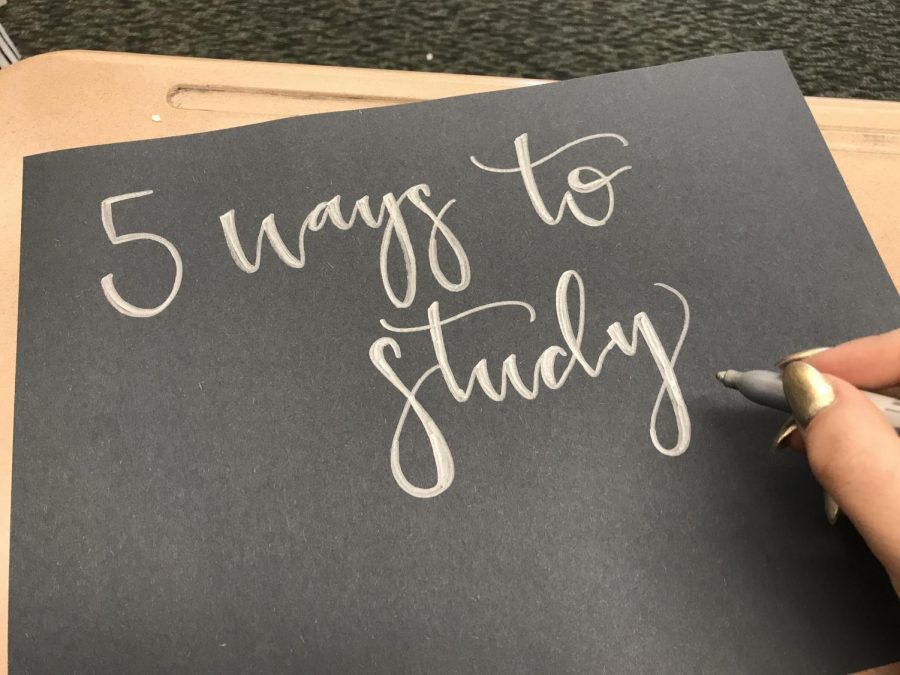Five Ways to Ace Your Finals
With finals right around the corner, these are five tips to ensure those A’s
1. Closing the Textbook
Studying with the entire textbook open in front of you is not bad, but it does not help with memory either. It makes it far too easy to cheat yourself into thinking that you know more than you do, according to a study conducted by professors of Washington University. In the study, students who studied with an open textbook scored significantly lower on an exam compared to students who used other methods of study, such as outlines and flashcards. Alternatively, read an outline, then put it away and try to recall as much information as possible.
2. Flashcards
The most common way to study is undeniably through flashcards. Also called the Leitner System, named after its creator Sebastian Leitner, flashcards are efficient and easy. They force students to memorize the information through repetition and active recall. It’s also one of the most common forms of active recall that is most efficient to use. Teachers and tutors have repeatedly recommended and utilized this method to improve memorization and recall.
3. Listen to Music
Listening to music encompasses classical or melodic music, not heavy rap and metal. According to a research study at Stanford’s School of Medicine, classical music improves memory and recall. Although music is largely a personal preference, classical music stimulates parts of the brain that are associated with memory.
4. No Distractions
This makes sense, of course. Distractions limit your attention span, disturbing an otherwise peaceful studying process. In 2015, the University of Colombia conducted a study that established a negative correlation between distractions, such cell phones, social media or Youtube, and grades on tests.
5. Exercise
No, this doesn’t mean to exercise and run while you read that AP Chemistry textbook. Exercise has been proven to have a multitude of positive effects on the brain and its impact on memory is no different. According to Dr. Douglas B. McKeag, a doctor from the Indiana University Medical Center, exercising before studying can improve memory through increases in oxytocin levels, blood flow and oxygen levels in the brain.
Your donation will support the student journalists of Woodbridge High School. Your contribution will allow us to purchase equipment and cover our annual website hosting costs.

Hey, Woodbridge! I'm so excited to bring the Golden Arrow to you this year as a Co-Editor-in-Chief. Working with our amazing team, I will strive to maintain...







